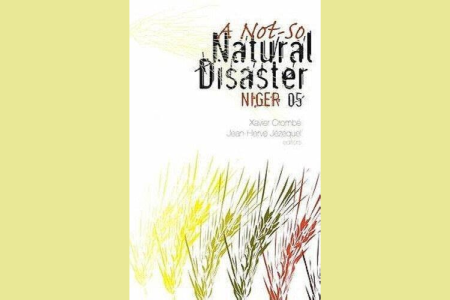 Book
Book
10/01/2007
Xavier Crombé
Jean-Hervé Jézéquel
Twenty years after the charity concerts for the Sahel Nigerien politicians, institutional donors, aid agencies and humanitarian organisations clashed on the nature and substance of the crisis affecting Niger in 2005. Identifying the causes of, and adequate responses to, the situation also gave rise to profound disagreements. Having set up their most ambitious emergency nutrition programme to date, Médecins Sans Frontières found itself at the forefront of these controversies.
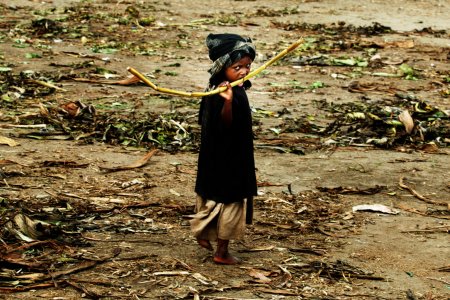 Juan Carlos Tomasi
Analysis
Juan Carlos Tomasi
Analysis
03/01/2003
Fabrice Weissman
Fabrice Weissman highlights the political factors at work behind the threat of famine - which, though very real, cannot be fully explained by natural causes - and casts a critical eye on the relief system, as well.
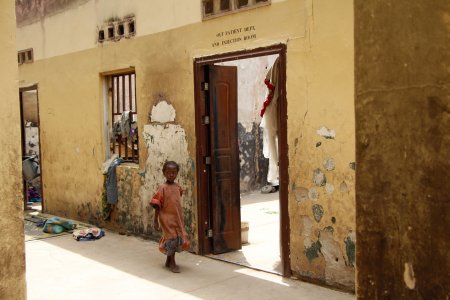 Benoit Finck
Opinion
Benoit Finck
Opinion
08/05/2016
Jean-Hervé Bradol
Jean-Hervé Bradol, director of studies at MSF-CRASH, discusses the humanitarian emergency left in the wake of Boko Haram's occupation of Borno State, Nigeria.
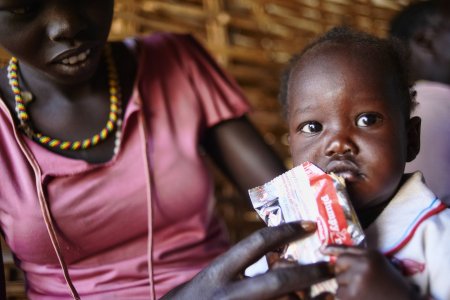 Marcell Nimfuehr
Opinion
Marcell Nimfuehr
Opinion
09/12/2011
Jean-Hervé Bradol
For the past several months, news about food shortages and famines affecting large segments of the East African population have been fueling donation appeals from major public and private aid organizations.
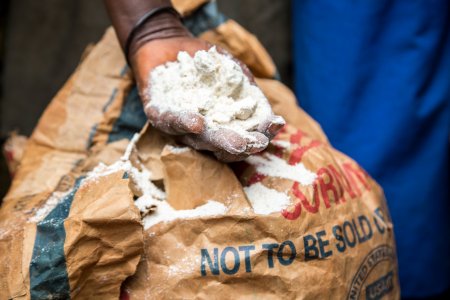 Louise Annaud
Cahier
Louise Annaud
Cahier
05/15/2008
François Enten
This study sheds light on the mechanisms producing the official data used by humanitarian aid decision makers. It views Early Warning Systems (EWS) as tools that facilitate consensus between the decision-makers involved in the allocation of food aid, enabling them to reach institutional agreements.
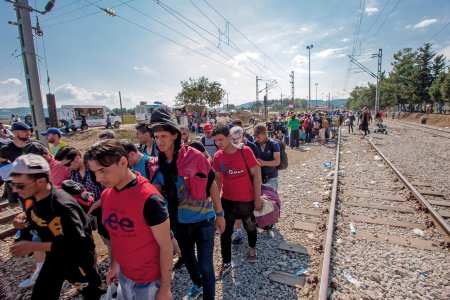 Borja Ruiz Rodriguez
Opinion
Borja Ruiz Rodriguez
Opinion
01/01/2003
Fiona Terry
As the USA announces its decision to suspend food aid to North Korea - one of the largest beneficiaries of global food aid - Fiona Terry reveals the true political issues behind the decision, and reminds us of how "humanitarian" assistance is used to bolster one of the planet's most oppressive regimes.
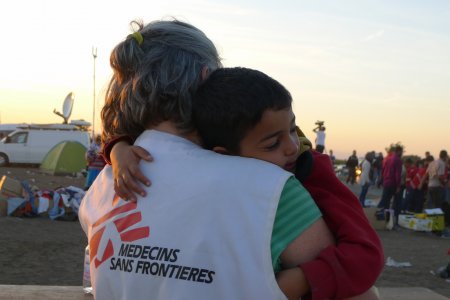 Ana Lemos
Opinion
Ana Lemos
Opinion
09/04/2001
Fiona Terry
In this article, Fiona Terry discusses the tragic situation of the North Korean people, despite North Korea being one of the world's largest beneficiaries of food aid.
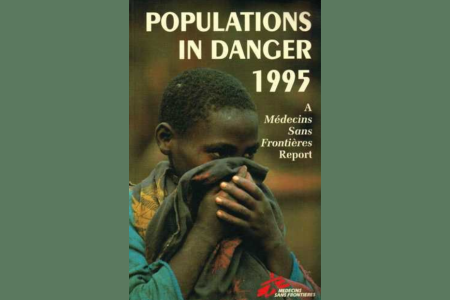 Book
Book
11/01/1995
François Jean
« Never again »: in the wake of the second World War, the terror caused by the Holocaust led the community of states to condemn genocide as a crime and to create a new international organization, the United Nations. And yet, half a century later, the international community did nothing to prevent the first undeniable genocide since that of the Jews: it let the massacre of the Rwandan Tutsis and merely sent humanitarian aid, even though it was nearly over.
 Book
Book







